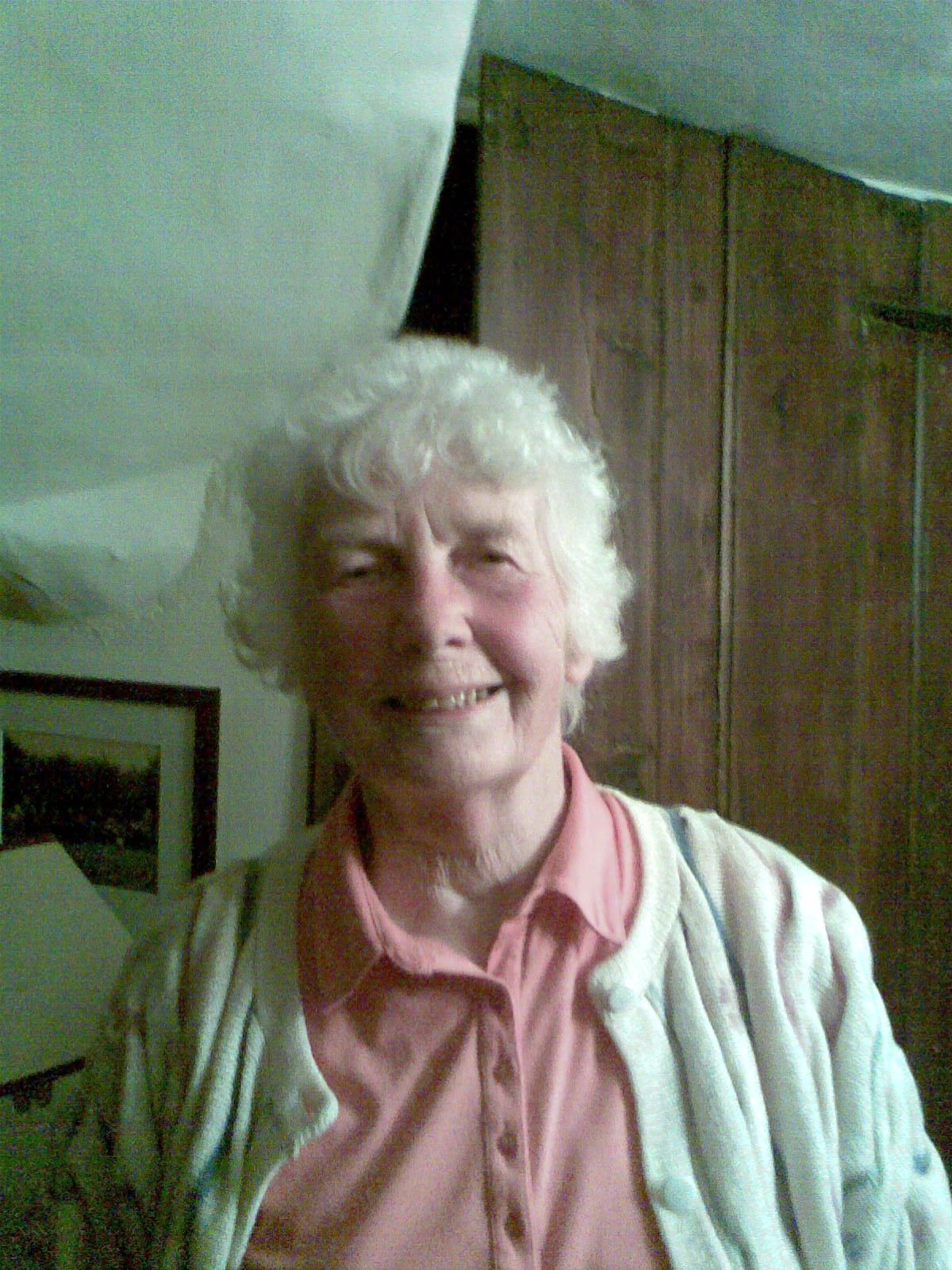Want to speak to someone immediately? You can call me on 07931 500783. In person or Zoom available.

I’ve been working with an Alexander technique teacher for six months or so. It’s a fascinating process, being a novice again. I know about psychoanalysis. I did this for about a decade. I have a sense of the rhythms and timing here. I have a theoretical frame or map to help me. I know when I don’t want to think about something and at least a sense of why. (Which doesn’t make it any easier!)
“Change involves carrying out an activity against the habit of life.”
(F M Alexander)
So, what is the Alexander Technique? I’ll quote from someone else commenting on the Alexander Technique
“The Alexander Technique is a way of learning to move mindfully through life. The Alexander process shines a light on inefficient habits of movement and patterns of accumulated tension, which interferes with our innate ability to move easily and according to how we are designe d .”
So at its simplest, the technique is a way of realigning our minds and bodies to work more harmoniously. What could be easier? Mountain climbing; cross channel swimming; endurance running. All these and more come to mind. I don’t want to suggest that the Alexander technique is physically challenging or demanding. At one level it’s not. It is manageable for a three year old or a ninety year old. At another level it’s one of the most challenging things I’ve done. Why? That answer is in the title of this blog. “Less is more”.
My teacher’s favourite phrase is “Do less, Terry.” Initially this infuriated me. “I’m here to learn the Alexander technique” was my thought and my rejoinder. “How am I supposed to learn by doing less? Everything else needs me to do more. To stretch my back three times a day. To climb more hills on my bike. To go to the gym more frequently. How the hell do I learn by ‘doing less’?” (It felt like the image of the sound of one hand clapping.)
So, what has this to do with psychotherapy?
Many years ago I had a patient who really didn’t need to see me. His wife should have come instead. My patient’s “problem” was his wife. “She does too much. She always has to be doing something. The children have to be perfect. The house must be spotless. She must be brilliant at her work. It’s driving us both mad! But she can’t stop. Help!”
I listened for a while and quoted the psychoanalyst Winnicott’s maxim about being “good enough.” A good enough mother, wife, cook, employee etc. “Good enough” is good enough. I wondered if he thought his wife might find this idea helpful.
“Oh yes,” he replied “She tries very hard to be Good enough!”
At this point I put my metaphorical head in my metaphorical hands and let out a long and anguished metaphorical howl! How ironic and how sad that she managed to turn a potentially liberating maxim into a persecutory commandment. Except that I understand how she felt – in some ways. My Alexander teacher is always telling me “Do less, Terry” as she lifts up my arm. Or gets me to stand still and lifts up my neck. Whenever I try to help her, she tells me “Do less” and each time I try to “do less”! For a long time I thoroughly resented her “commandment” to do less. (Along with keeping my neck loose and long and one or two other “exercises”.) I turned “do less” into a super ego driven “Thou shalt…” and found that slowly but surely, I was angry at having to ‘do less”. “It’s my neck and I can carry myself any way I choose.”
Slowly but surely, I‘m beginning to enjoy “doing less”. And am amused at how easily I turned her into a ‘bad object’. Someone who was persecutory rather than nourishing. I’ve got a way to go yet. I have no plans to train as an Alexander teacher. (My psychotherapy training was demanding enough. As is my work as a therapist.) But I might just stick with my teacher and her ‘Do less” maxim.



““Out of your vulnerability will come your strength.”
Sigmund Freud
Counselling can’t change what life brings – but it can help how you respond to it. Talking with a counsellor gives you the chance to step outside yourself and look at your life from a different perspective.
FREE DOWNLOAD
10 questions that can change your life and bring you clarity
Not quite ready to make that call? I have created these questions so you can get curious about your life


Cert.Ed., R.M.N., Dip.Couns., M.A.
Get in touch
All Rights Reserved | Terry Burridge Counsellor



